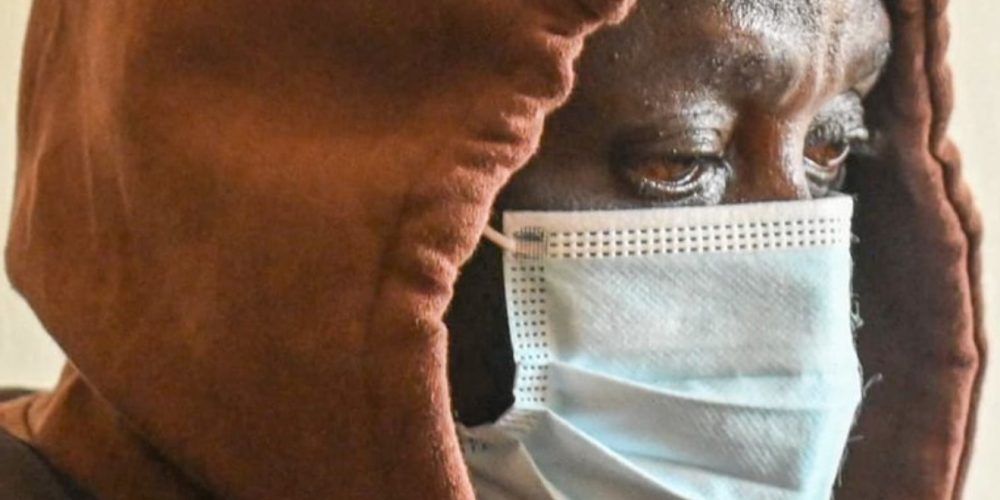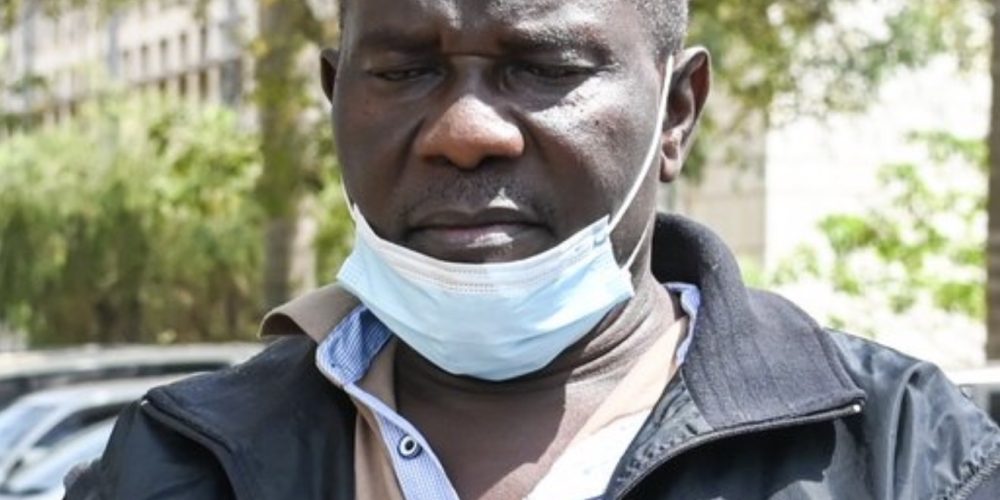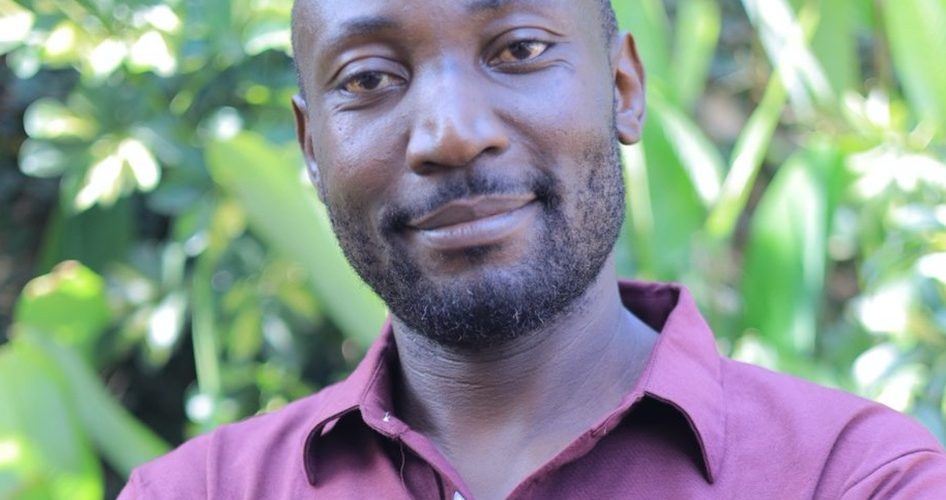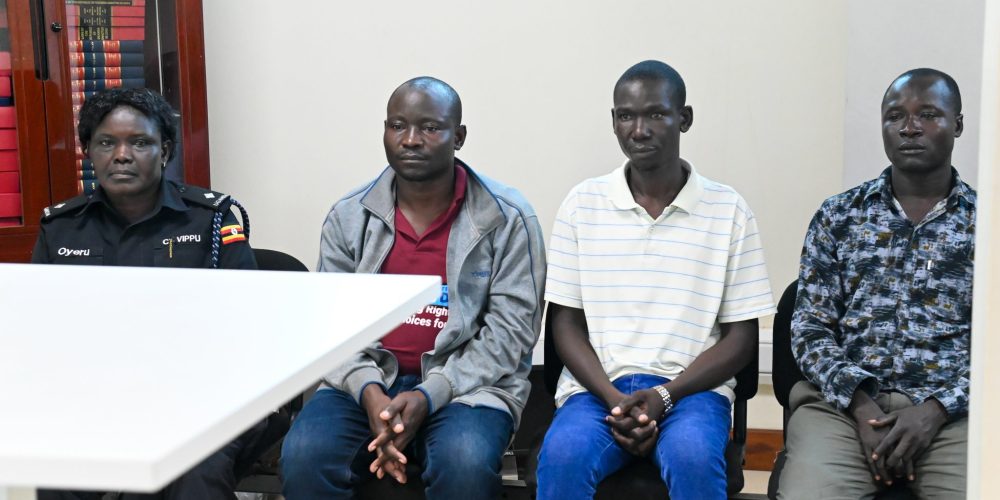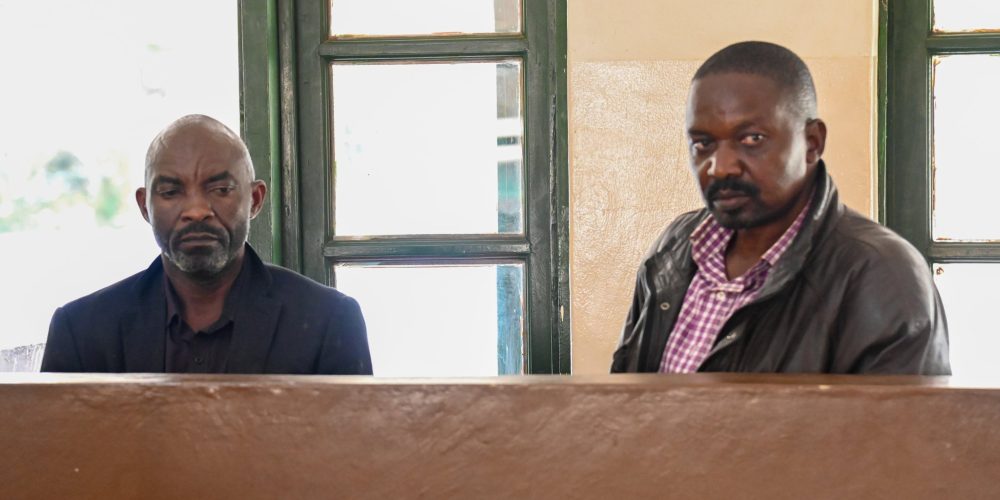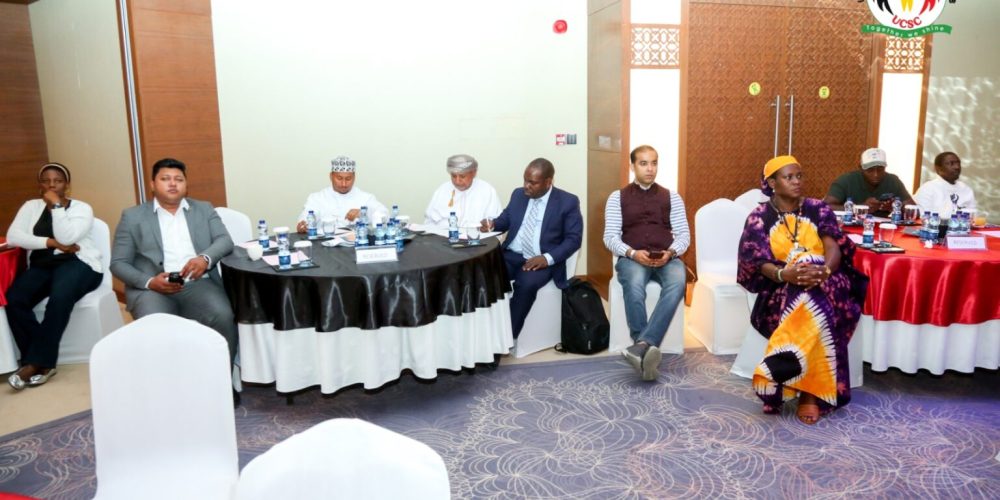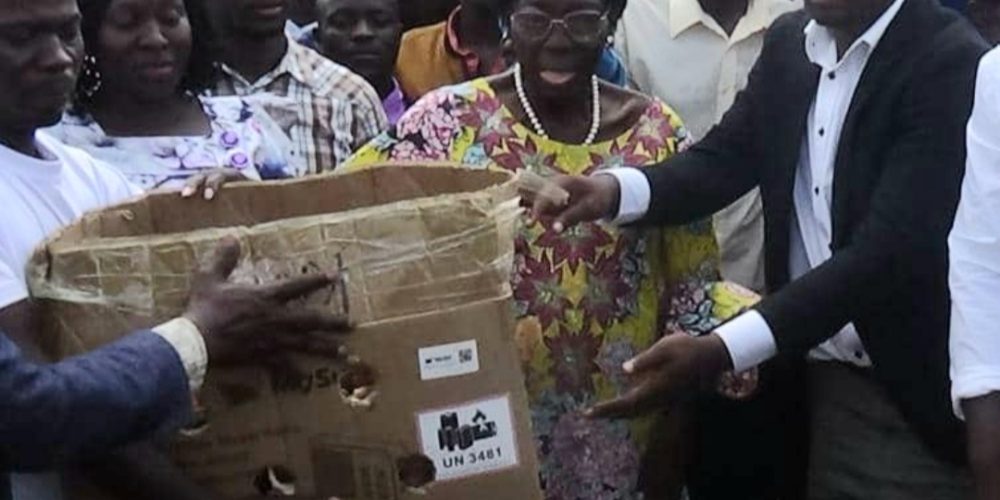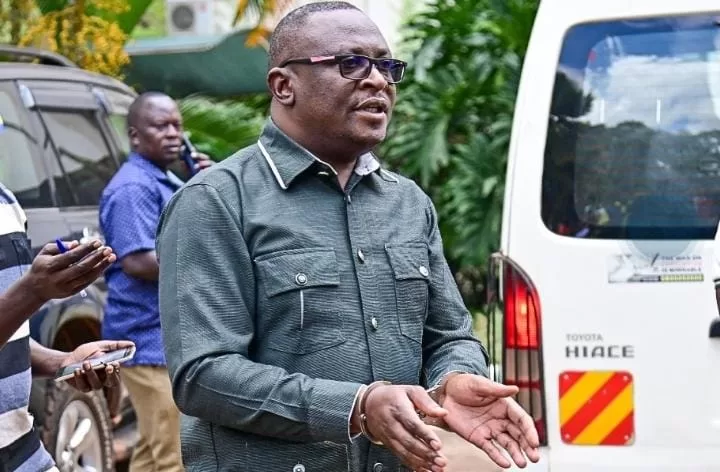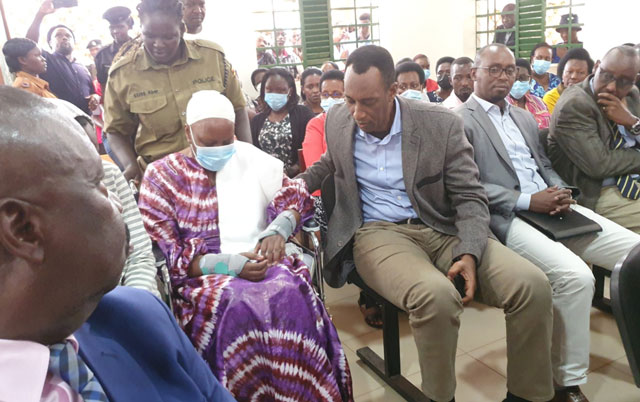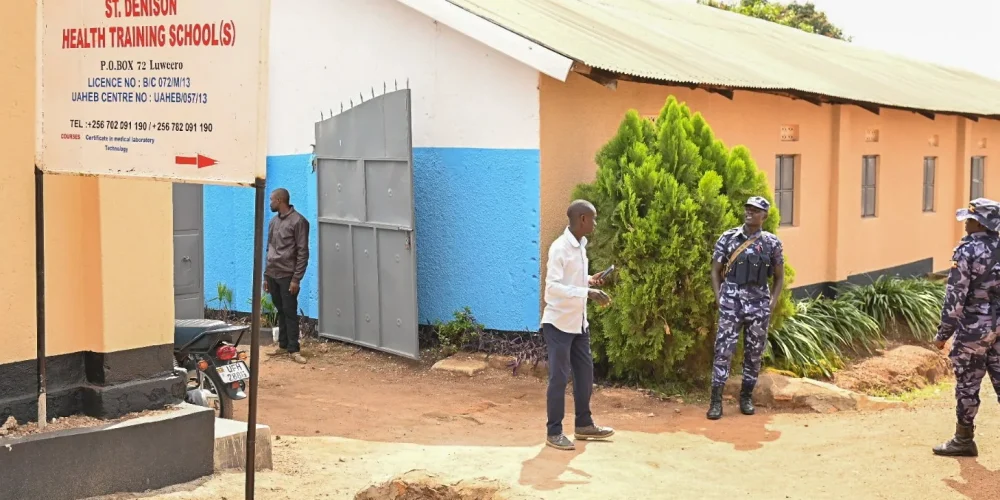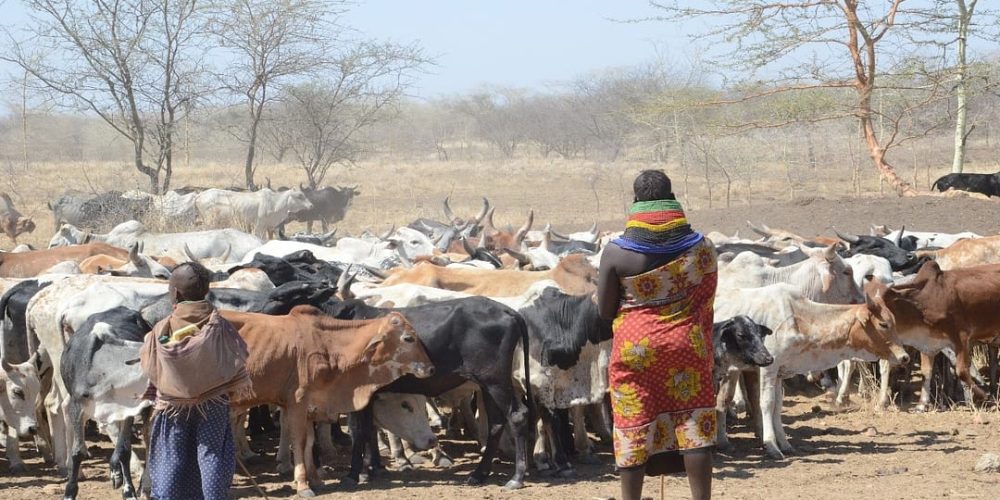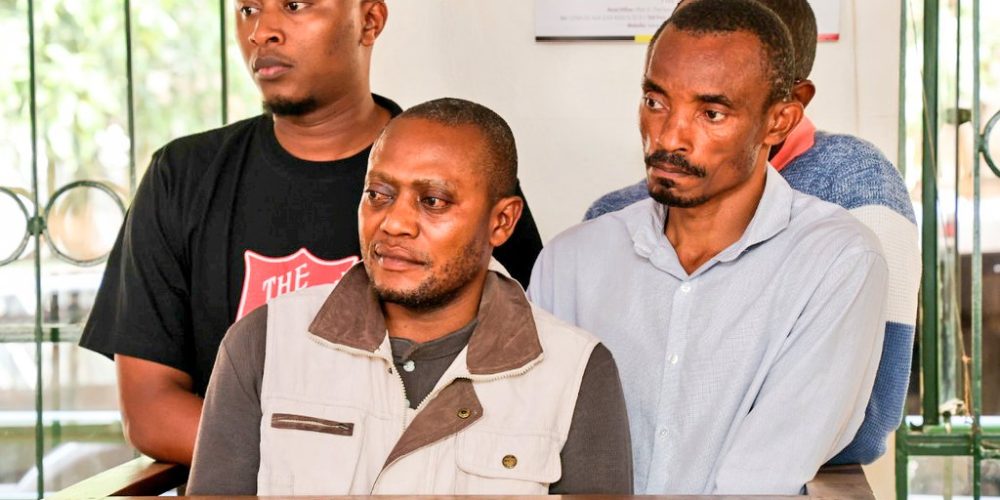Ministry calls for more bicycles given to health workers to save rural lives
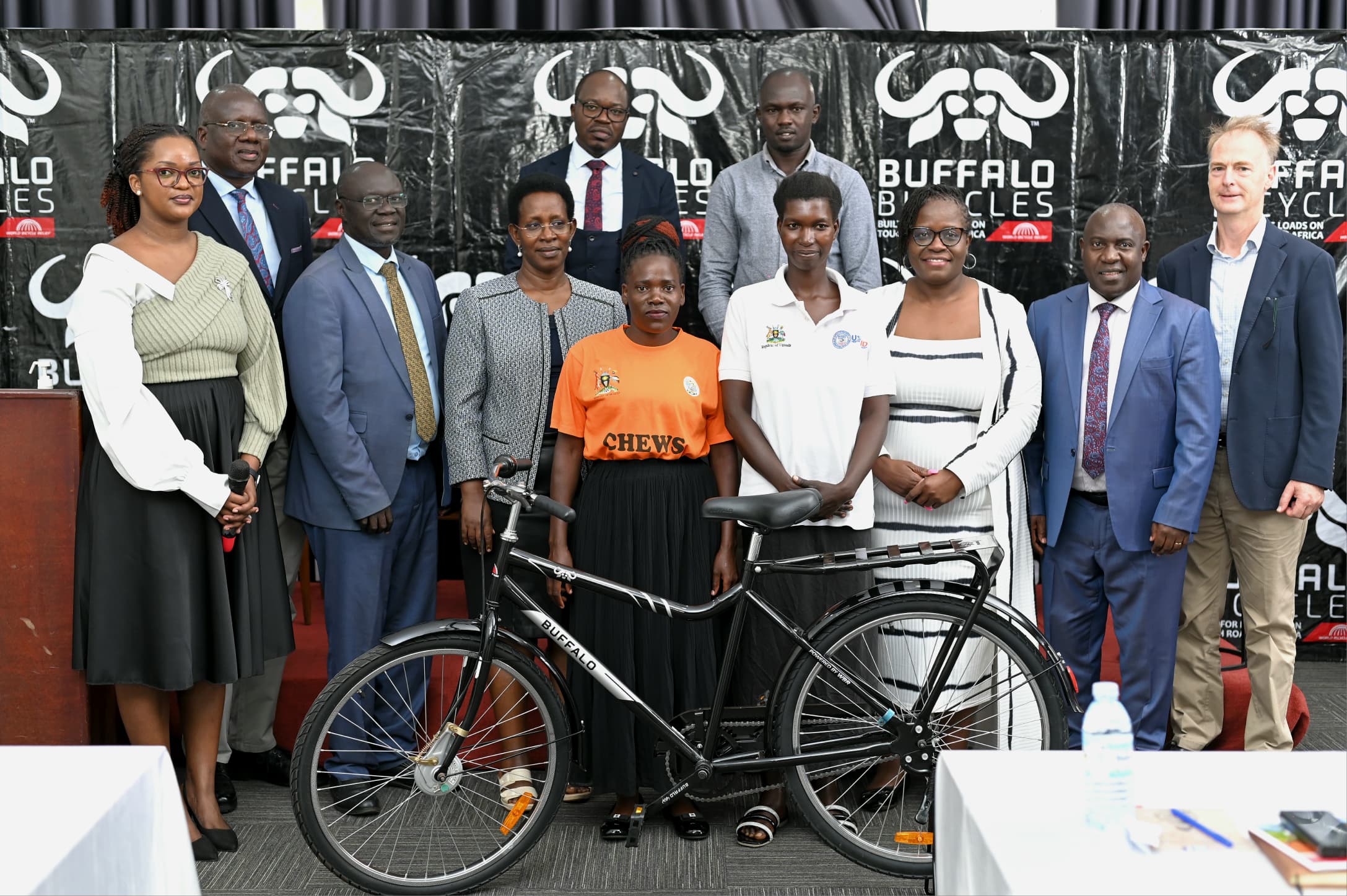
KAMPALA: Through enabling community health workers (CHEWS) with bicycles, more rural lives could be saved, Dr Diana Atwine, the Permanent Secretary at the ministry of health has said.
Atwine said the government had already trained at least 3,000 CHEWS countrywide, with only 331 in Mayuge and Lira in possession of bicycles donated by World Bicycle Relief and Buffalo Bicycle.
“The bicycle is more relevant now because we are talking about integration of services. So that when the CHEW goes to a household, she does not just talk about HIV and adherence to ARVs, but she is talking about the whole continuum of care,” Atwine said.
“If she finds a pregnant woman, we want to know whether that woman has received malaria prevention therapy, chemo-prophylactic treatment, has attended antenatal care.”
She said the bicycles would be more important “because when you increase mobility, it means that this CHEW will spend less time on the movement and spend more time at household and interact with the people there and reach more households. So these bicycles are doing great work. They are helping us.”
“And we do believe that if we scale up this, if we continue reaching out to more community extension workers and enabling them to move, and as we launch and we commission more staff to go out, we are going to see a drastic drop in all these both communicable and non-communicable diseases.”
Atwine was Wednesday launching a report dubbed, Accelerating Health Access: How Buffalo Bicycles Empower CHEWs in Uganda.
“Evidence shows that community health workers (CHEWS) could save 2 million lives annually and that is a critical role in equalizing health care access and advancing universal health coverage goals,” Atwine said.
“So when governments, donors, are putting the emphasis on these community extension workers, we are driven by conviction that if we continue to grow, if we continue to invest more in the community workers, we’ll be able to achieve the universal health coverage,” she added.
Atwine said since the pilot scheme of giving out bicycles was started a year ago, “we have seen the enthusiasm among the CHEWs to go out and work without hindrance because they have mobility.”
“And that has translated directly into welfare, better welfare of the people, the community, better indicators, reduce disease burden. And so we think this is the way to go. So we really want to thank World Bicycle Relief and Buffalo Bicycle for the support that you have given us. We have seen more households reached and served,” the official noted.
The new report assesses the outcomes of providing 331 Community Health Extension Workers (CHEWs) with purpose-built Buffalo Bicycles across Lira and Mayuge districts.
“The results are clear: bicycles are not just improving mobility—they are catalyzing better healthcare outcomes, expanding service reach, and enhancing the well-being of health workers and their communities,” a media statement by World Bicycle Relief, an NGO, said.
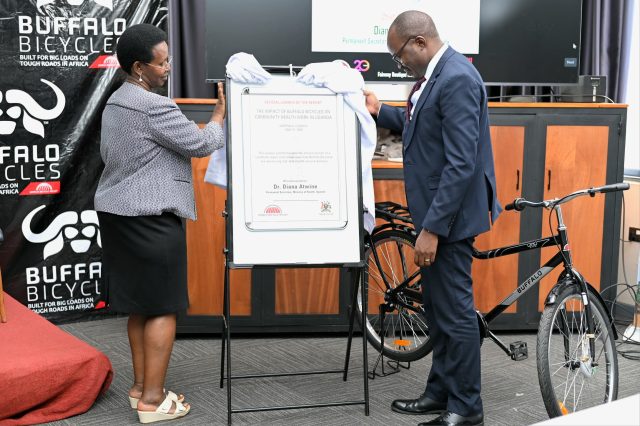
According to the report, CHEWs using Buffalo Bicycles reported a 108% increase in households reached per week while travel time to health facilities dropped by 47%, enabling more timely service delivery.
The report also noted that 71% of CHEWs used their bicycles to transport sick patients—many referring to the bike as their “village ambulance” while the longest distances traveled for work increased by 68%, expanding access to remote communities.
“These findings reinforce what we’ve long known—mobility is not a luxury in healthcare; it’s a lifeline,” said Dave Neiswander, CEO of World Bicycle Relief.
“With Buffalo Bicycles, community health workers can reach more people, respond faster in emergencies, and deliver better care. This is what last-mile health equity looks like.”
The study was conducted one year after the distribution of bicycles in September 2023. It combined quantitative surveys with focus group discussions and key informant interviews, capturing perspectives from CHEWs, supervisors, and community members.












